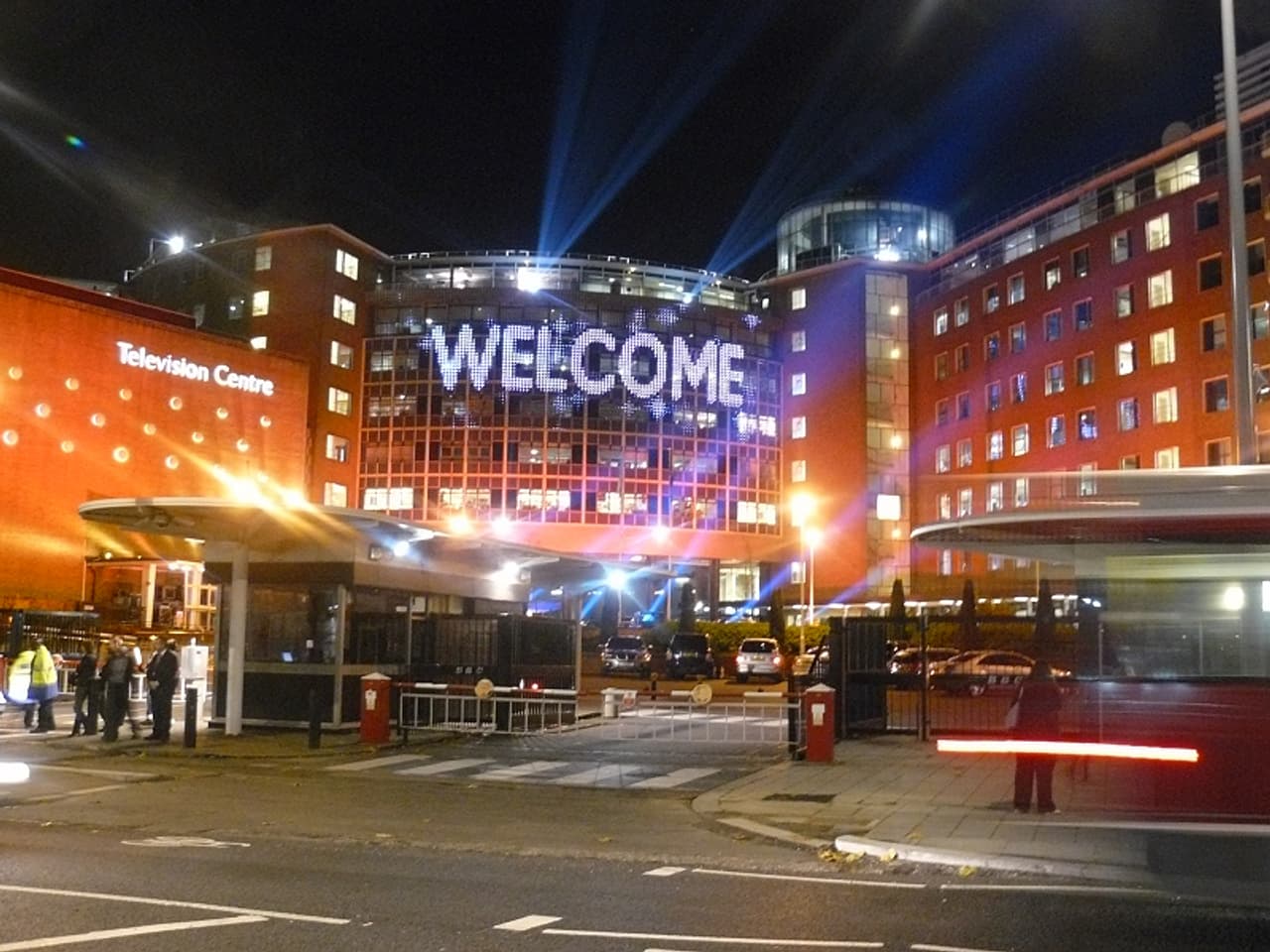
Analysis: BBC plans to cut 2,000 jobs, but still pays 274 ‘stars’ £65m
The BBC is making cuts, including moving out of its iconic building.
The BBC has announced details of how it intends to save £670m a year by 2016, in a plan which will have an impact on every corner of the corporation and see as many as 2,000 jobs axed.
A 55-page document, published today, outlines the proposed cuts. The document does much to try to address fears that the cuts will impact the news output of the BBC. The intention, it suggests, is to cut duplication and make news production more efficient. Indeed its flagship current affairs show, Panorama, is to be given an increased investigations fund. This news organisation applauds this particular move.
But the details give it away. The budget for BBC News will be cut by £24m a year with further ‘limited reductions’ in current affairs across television and Radio 4. These proposed cuts will see the Politics Show axed and replaced by a weekend version of Daily Politics. The World Service and BBC News will be brought more closely together with the aim of producing One BBC News.
Impacting news
The full impact of the proposals are starting to filter down into the newsrooms of the BBC, and it doesn’t make easy reading. Helen Boaden, head of news, has revealed that 800 jobs will be lost and that funding for Radio 5 Live will be cut by 20% including the loss of 5 Live investigates.
Insiders are suggesting that despite promises the plans will have a direct impact on an already stream-lined news function.
Reporters, for example, will be pooled across Today, World at One, PM, the World Tonight and Newsnight. Currently these programmes have their own dedicated reporters, often working in competition. While duplication in back-office support may not be a good thing, competition across programmes often produces better journalism. Furthermore insiders say that the new, pooled team will mean three reporters will be cut from the radio-side alone.
These are the people that produce what the BBC management describes as ‘the best journalism in the world’ and are the reason that ‘the standards, breadth and timeliness of its news output form the bedrock of the trust placed in the Corporation.’
The document goes on to outline how other areas of the corporation will be impacted by the cuts. BBC Four will, for example, see a 9.6% cut to its budget and Radio 4 Extra a 17.2% cut.
The proposals also outline a very ambitious plan to cut management, axing 150 senior managers. This it claims will reduce management numbers by 20% and its cost by 25%.
Talented pay
What isn’t touched on, however, is the far more difficult issue of the many high salaries paid out to talent.
Earlier this year, under increased public pressure, the BBC revealed for the first time that 19 radio and TV stars were paid more than £500,000 and that a total of £14.6m was paid out to ‘talent’ earning more than £1m.
The BBC’s annual report, boasted it had cut overall spending on presenters, journalists and musicians by £9m and that nearly a third of this – £2.9m – related to those earning more than £100,000.
But a deeper analysis of the report reveals that the cut to high-paid talent amounted to just 4.2%, a tiny fraction more than the 4% cut made to the BBC’s overall staffing costs.
In other words, the BBC cut its talent bill in line with other staff cuts. So much for cutting back on talent.
The Corporation also paid out £65m to just 274 members of its ‘talent’ earning six or seven figure salaries.
The majority of the BBC’s ‘talent’ actually earn less than £50,000 – 50,029 people in fact. Yet this massive pool costs the Corporation £140m, just over double that paid out to its superstars.
Many of those earning less than £50,000 would only have been employed for a very short period – an extra in one show for example – so the comparison is not totally fair. What the comparison does reveal, however, is just how much a small number of people earn.
The BBC will argue it needs to pay ‘stars’ such high rates, otherwise they would jump ship and go to rival, commercial channels. The answer to this is: really? How many other similar high-end openings are there? Freelancers in television often struggle to earn over £30,000 a year, let alone four times this.
Before the BBC starts cutting into its bedrock news coverage, perhaps it should properly address the money paid out to some of the stars that earn well-over six figure salaries. If the Corporation can find a way to cut its senior management bill by 25% by the end of this year, surely it can shave a bit more than 4.2% off the £65m it pays out to highly-paid stars?




